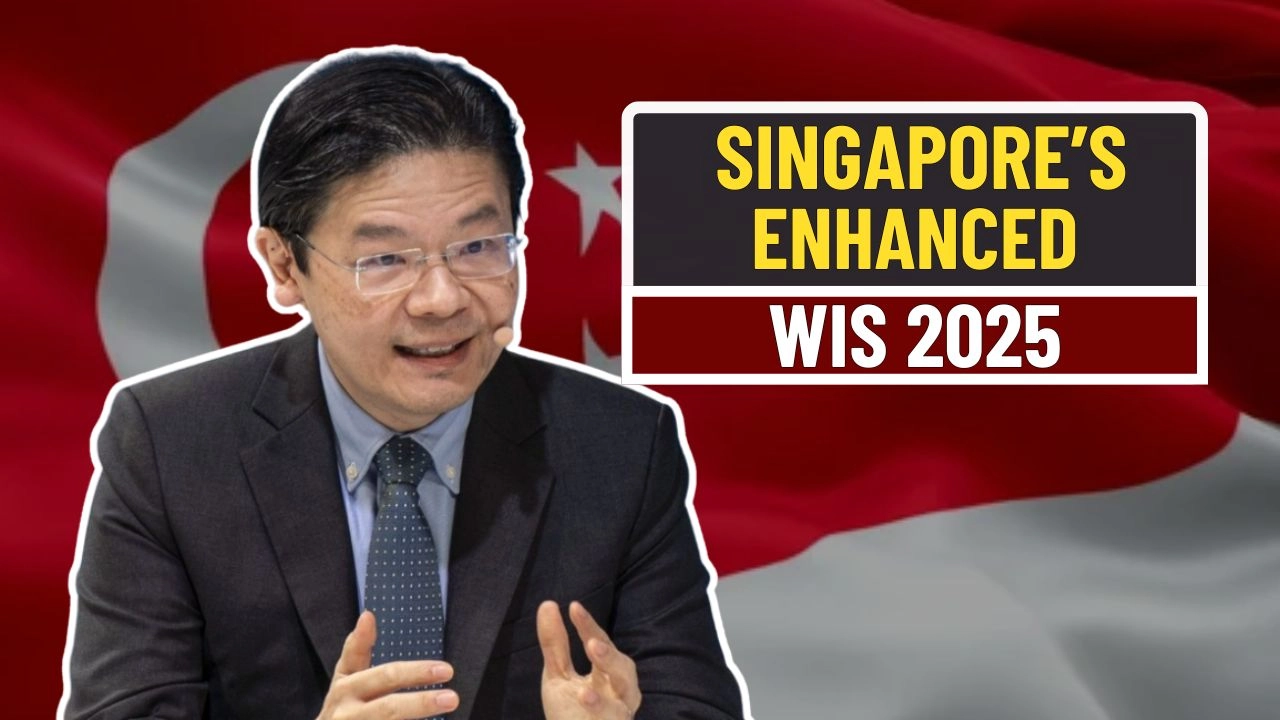Singapore’s gig economy has seen rapid growth, with ride-hailing drivers, food delivery riders, and freelancers becoming vital to daily services. Although they perform vital functions, many of these workers experience unstable incomes and lack access to conventional employment benefits. In a proactive move to address these challenges, the government has significantly upgraded the Workfare Income Supplement (WIS) scheme, promising up to $3,267 in support starting in 2025.
Transformative Adjustments Tailored for the Platform Workforce
The 2025 revision of the Workfare Income Supplement (WIS) scheme brings comprehensive updates tailored to support freelance and gig economy workers. Among the notable improvements are monthly payouts instead of annual disbursements, mandatory Central Provident Fund (CPF) contributions by platform companies, and elevated support levels for older individuals and those with disabilities. These reforms reflect a broader strategy to enhance the social safety net for non-traditional workers.
Monthly Payout System to Improve Cash Flow Stability
One of the core features of the new scheme is the introduction of monthly payments, which will offer gig workers more consistent income management. Starting in 2025, earnings for a given month will be disbursed two months later. For instance, January’s income will be paid out by the end of March. Payments will be processed through PayNow linked to the recipient’s NRIC, or via GovCash for individuals without banking access. This move aims to reduce financial stress by ensuring regular income flow.
CPF Contributions Now a Shared Responsibility with Platforms

For the first time, CPF contributions will be mandatory for workers in the platform economy, and the responsibility for collecting these contributions will lie with platform operators. The phased implementation, set to be completed by 2029, will divide contributions among the Ordinary Account, Special Account, and MediSave. This provides gig workers access to housing, healthcare, and retirement savings on par with traditionally employed individuals, signaling a shift toward fairer long-term benefits.
Increased Financial Assistance for Senior and Disabled Workers
Recognising the higher living and healthcare expenses faced by some groups, the updated WIS scheme ensures that individuals aged 60 and above, as well as persons with disabilities, receive the highest annual payout of $3,267. This targeted support offers enhanced financial protection for those most in need, giving them more stability in managing everyday costs and medical needs.
Inclusion of Gig Workers Solidifies Their Economic Role
The revised WIS framework is designed with the gig workforce in mind, extending eligibility to those engaged in ride-hailing, food delivery, and freelance services via digital platforms such as Grab, Gojek, Foodpanda, and Deliveroo. By doing so, Singapore acknowledges the growing presence of these workers in its economy and the need to ensure that they are not excluded from state-supported benefits and retirement planning.
Tailored Contributions and Payouts Reflect Worker Demographics
The payout amount varies according to age, ensuring that older workers receive greater support. Workers aged between 30 and 34 can receive up to $1,700 annually, while those 60 and above qualify for the full $3,267. Payments are divided between cash and CPF deposits, balancing immediate needs with long-term financial goals. Workers must also contribute to MediSave annually, with the contribution amount ranging from $240 to $315 based on their income and age group.
Consistent Payment Timeline Provides Financial Clarity
With the introduction of monthly disbursements, platform workers will benefit from a reliable income schedule. Each month’s earnings will be paid two months later, helping reduce the unpredictability that many in the gig sector face. Payments will be streamlined through PayNow or GovCash, depending on the recipient’s financial setup, making the process seamless and transparent.
Encouraging Long-Term Financial Planning Among Freelancers
While the WIS program offers a much-needed safety net, the government continues to encourage gig workers to actively manage their finances. Tracking income and expenses, using CPF contributions wisely, building an emergency fund, and exploring private insurance options can help reinforce financial security. These practices, alongside the upgraded WIS support, can empower gig workers to thrive in the long term.
A New Era of Inclusive Economic Support in Singapore
The comprehensive enhancements to the WIS scheme mark a pivotal moment for Singapore’s approach to inclusive economic policy. By extending consistent financial support, enforcing mandatory savings, and prioritising vulnerable groups, the government is laying the groundwork for a more equitable and resilient workforce. These changes ensure that gig workers can enjoy financial stability, even within the dynamic and often unpredictable landscape of freelance employment.
As Singapore’s labour market continues to evolve, the strengthened WIS initiative stands as a cornerstone of protection, inclusion, and shared progress for all workers regardless of how they earn their livelihood.


